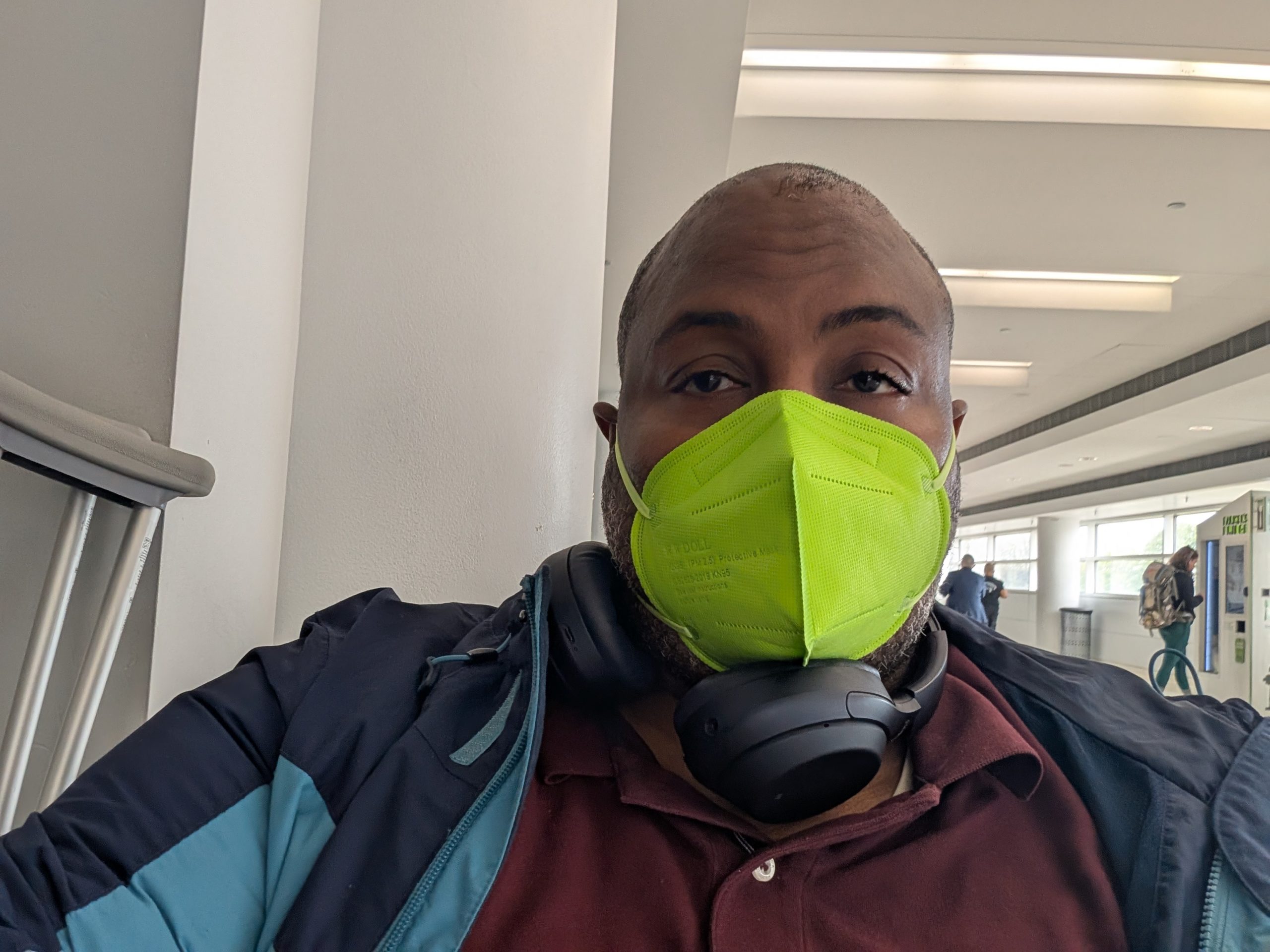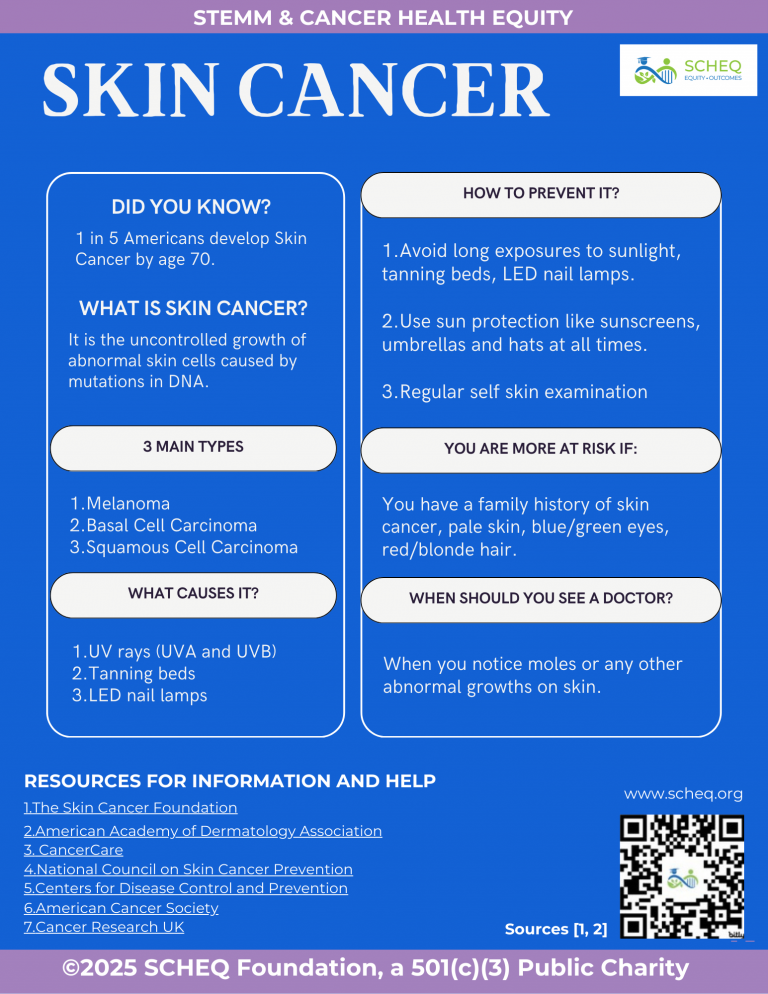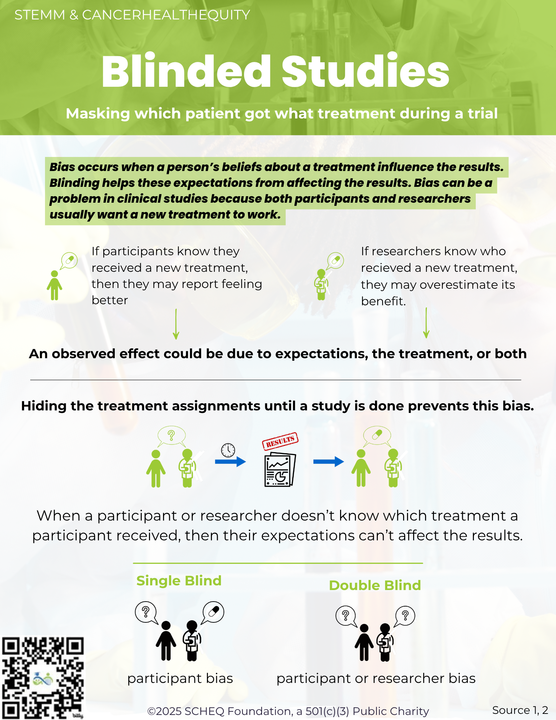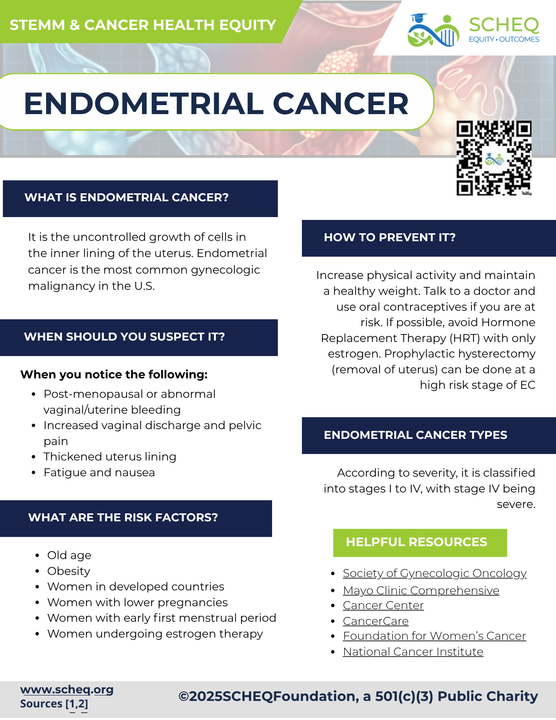For some, COVID-19 is a distant memory. For others – especially those with chronic illnesses or who belong to underserved populations – it’s still a present and ongoing threat. As someone living with severe asthma and anaphylactic allergies, I know firsthand how quickly a seemingly mild respiratory illness can become life-threatening. I’ve been hospitalized 20-30 times per year until I was 11 due to chronic asthma and anaphylactic allergies. To this day, I still can not be around freshly cut grass or cats, as they will immediately trigger wheezing.
COVID-19 can manifest in several ways. Some people are completely asymptomatic, some have only mild symptoms, and then others have various significant issues with COVID-19. When you have been dealing with asthma, flu, and chest infections for as long as me, COVID-19 is always the tricky one to deduce. COVID-19, for me, isn’t “just a cold’. It can start like a cold, it can start with sneezing, it can even turn around to changes in mucous. Though what eventually happens is that it triggers a cascade of inflammation, intense coughing, mucus buildup, and really high blood pressure (from all the coughing). I still have not ever lost my appetite or had low oxygen levels. Despite being vaccinated and taking precautions, I’ve had COVID three times, including just last week. Each time, even after finishing the course of Paxlovid, I am often left with a residual cough that lasts for 4-8 weeks. For individuals like me, mask-wearing is not a political statement – it’s a life-saving act of protection.
Certain populations are at greater risk of contracting and suffering complications from COVID-19. Black and Hispanic communities have been disproportionately impacted due to longstanding inequities in healthcare access, environmental exposures, housing conditions, and underlying health disparities such as asthma, hypertension, and diabetes. Additionally, individuals with chronic respiratory conditions like asthma, COPD, emphysema, bronchitis, and lung cancer, to name a few, are especially susceptible to airborne illnesses. In our work with SCHEQ Foundation, we support Black and Hispanic patients navigating lung cancer and other serious illnesses, helping them make informed decisions, understand medical terminology, and advocate for the care they deserve. Our communities deserve compassion, not disregard, when taking up simple protections like mask-wearing.
COVID isn’t over for everyone – and pretending that it is puts many of us at risk. We ask our neighbors, colleagues, and communities to consider the experiences of people with chronic conditions, cancer, or immune compromise. Wearing a mask in crowded indoor spaces or around vulnerable individuals is a small act with a big impact. It’s about community care and public responsibility. It’s also about understanding that health equity includes acknowledging who gets left behind when the world moves on too quickly. No one should be sneered at just because they are wearing a mask. No one should have to rationalize or feel a need to justify wearing a mask to anyone else either. For people like me, and for the populations we serve, we need continued empathy, awareness, and action – not just during a pandemic surge, but every day.
Dr. Eugene Manley. Jr. is the Founder & CEO of the SCHEQ (STEMM & Cancer Health Equity) Foundation. He is an engineer, biologist, and researcher that is dedicated to addressing disparities and advocating for underserved populations in STEM careers and in navigating care. He serves on numerous local, national and international advisory boards, and is an inspirational speaker that brings honesty and compassion to his work. Learn more about SCHEQ on the website: http://scheq.org




